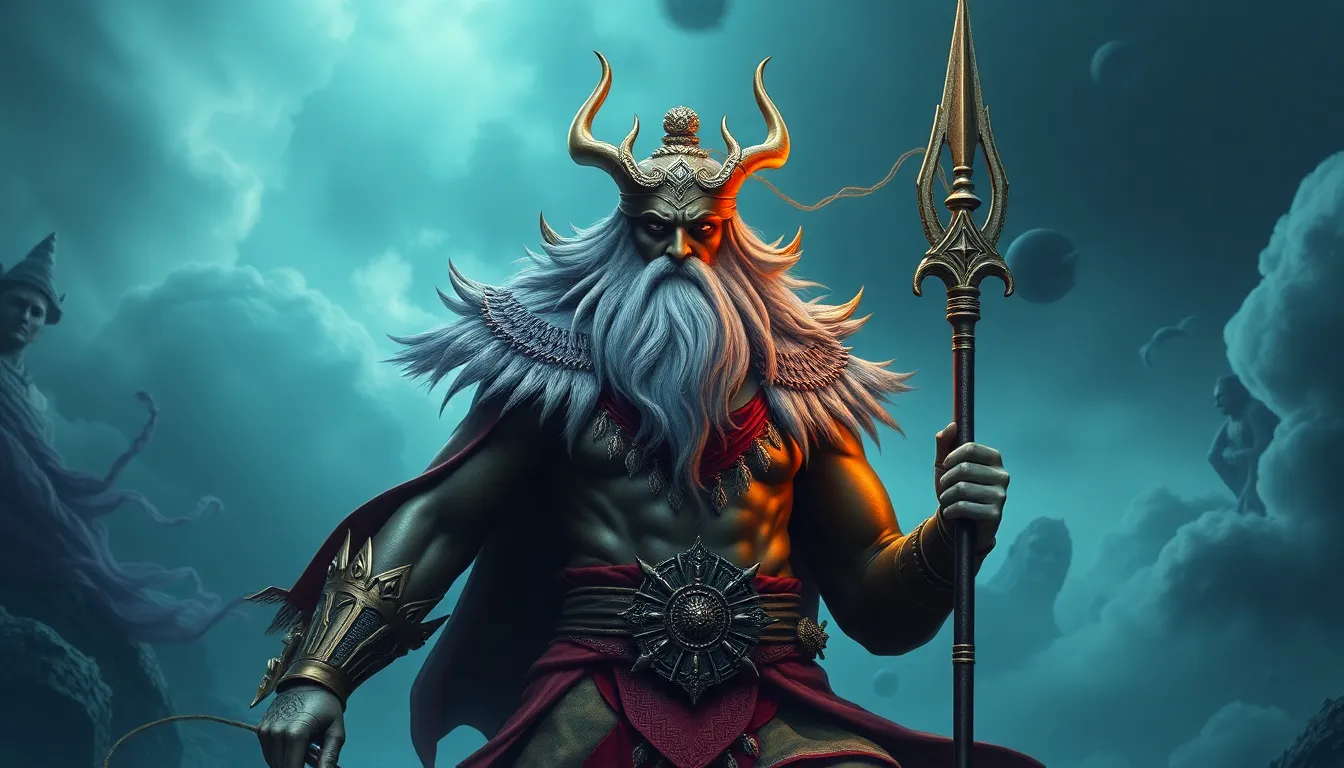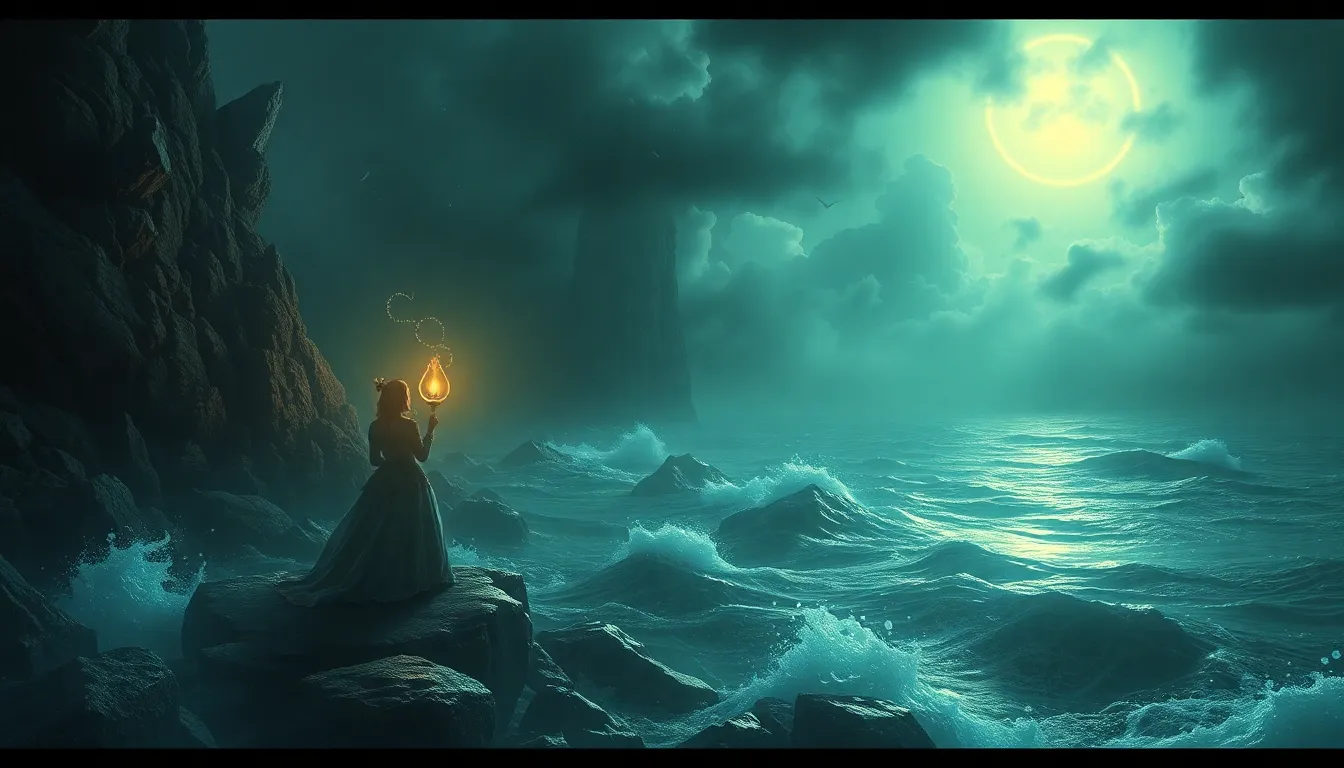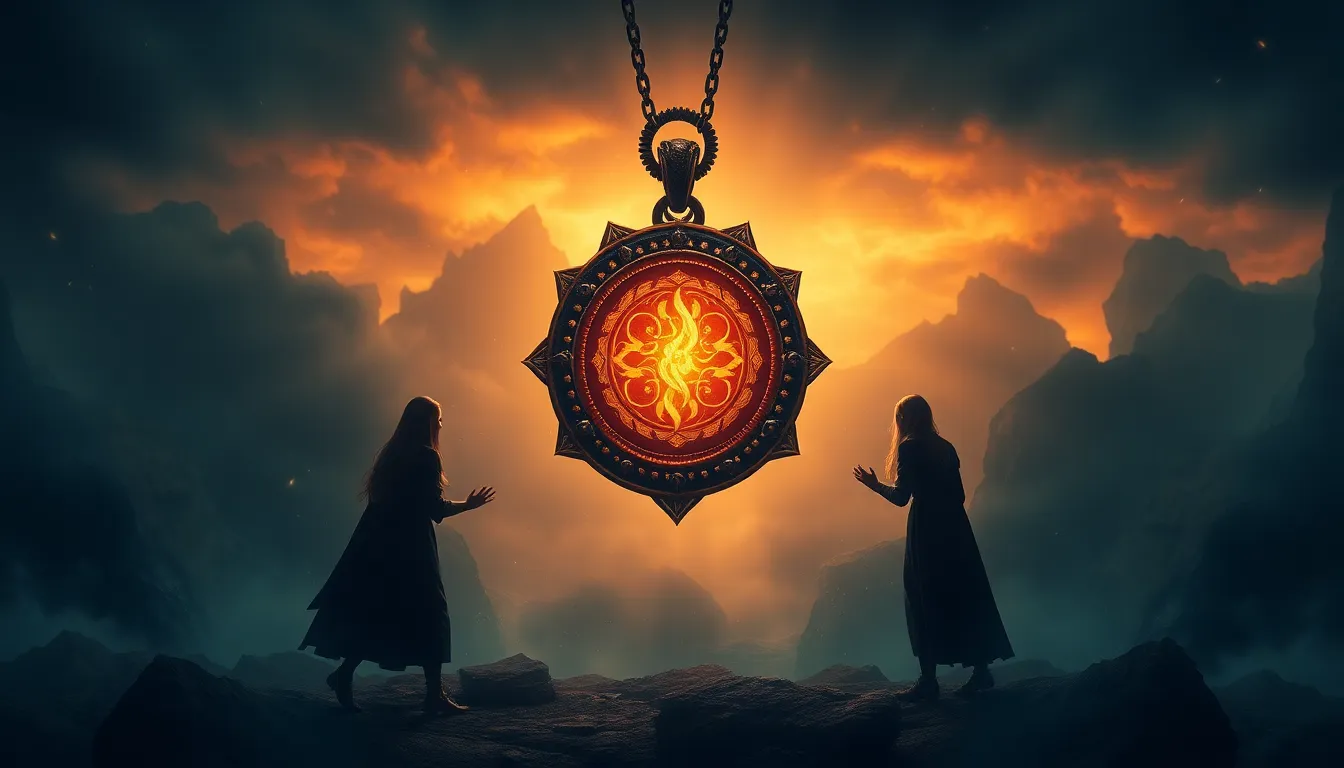Cultural Hero Myths: The Legends That Challenge Us
1. Introduction to Cultural Hero Myths
Cultural hero myths are narratives that center around extraordinary individuals who embody the values, aspirations, and challenges of their societies. These myths serve not only as stories of bravery and adventure but also as reflections of cultural identity and collective consciousness. By exploring these myths, we can gain insights into the values that shape civilizations and the struggles that define them.
The importance of these myths in shaping cultural identity cannot be overstated. They provide a framework through which societies understand their history and moral compass. This article aims to delve into the historical context, characteristics, and modern interpretations of cultural hero myths, emphasizing their relevance in contemporary society.
2. Historical Context of Hero Myths
The origins of hero myths can be traced back to ancient civilizations, where stories of gods and demigods were integral to cultural identity. In Greece, heroes like Hercules and Theseus emerged from tales that combined human struggles with divine intervention. Similarly, in ancient Egypt, Osiris and Horus represented themes of resurrection and kingship.
As cultures evolved, so did their hero myths. The stories adapted to reflect societal changes, political landscapes, and moral dilemmas. Key historical figures, such as King Arthur in Britain or Gilgamesh in Mesopotamia, became the centerpieces of their respective mythologies, embodying the hopes and fears of their people.
3. Characteristics of Cultural Heroes
Cultural heroes often share common traits across diverse cultures. These traits include:
- Courage: Heroes demonstrate bravery in facing adversities.
- Selflessness: Many heroes act for the greater good, often at personal cost.
- Wisdom: Heroes usually possess knowledge or insight that guides their actions.
The role of challenges and trials is central to hero narratives. These stories frequently involve the hero overcoming significant obstacles, which often serve as metaphors for societal challenges. Additionally, moral and ethical dilemmas play a crucial role, allowing heroes to explore complex human emotions and decisions.
4. Iconic Hero Myths from Around the World
Throughout history, several iconic hero myths have emerged, each representing unique cultural values:
- Hercules: A Greek hero known for his strength and his Twelve Labors, symbolizing resilience and redemption.
- Beowulf: An epic hero from Anglo-Saxon literature who embodies bravery and loyalty in the face of monstrous threats.
- Mulan: A Chinese heroine who challenges gender norms and fights for her family and country.
Comparative analysis of these myths reveals common themes, such as the battle between good and evil, the journey of self-discovery, and the importance of community. Each myth carries significant cultural importance, shaping societal values and inspiring generations.
5. The Role of Cultural Heroes in Social Change
Cultural heroes often inspire movements and revolutions, serving as symbols of resistance and change. Historical figures such as Nelson Mandela and Rosa Parks exemplify how hero myths can challenge societal norms and injustices.
Case studies highlight the impact of these heroes:
- Nelson Mandela: His struggle against apartheid in South Africa became a global symbol of the fight for justice and equality.
- Rosa Parks: By refusing to give up her seat, she ignited the Civil Rights Movement in the United States, representing courage and defiance.
The impact of these myths on collective consciousness is profound, as they encourage individuals to aspire to greater ideals and challenge the status quo.
6. Modern Interpretations of Hero Myths
In contemporary society, hero myths have found new life in literature, film, and media. Adaptations often reinterpret traditional heroes, making them relevant to modern audiences. Superheroes in comic books and movies, such as Spider-Man and Wonder Woman, reflect contemporary challenges and moral questions.
Examples of modern cultural heroes include:
- Malala Yousafzai: An advocate for girls’ education who survived an assassination attempt.
- Greta Thunberg: A climate activist challenging global leaders to address climate change.
These modern heroes face their own unique challenges, resonating with audiences in ways that reflect current societal issues.
7. The Psychological Impact of Hero Myths
Hero myths greatly influence personal identity and self-perception. They provide models for behavior and inspiration for overcoming personal struggles. Psychological theories, such as Carl Jung’s archetypes, suggest that hero figures tap into universal human experiences and aspirations.
Hero worship and fandom can have both positive and negative effects. While they can inspire resilience and motivation, they may also lead to unrealistic expectations of perfection. Understanding the complexities of these narratives can help individuals navigate their own challenges more effectively.
8. Critiques of Hero Myths
While hero myths hold significant cultural value, there are critiques regarding the idealization of heroes. Pitfalls include:
- Oversimplification: Heroes are often portrayed in black-and-white terms, ignoring their flaws.
- Consequences of Flawed Narratives: Some hero narratives may glorify violence or reinforce harmful stereotypes.
Recognizing the complexities of human nature is essential. Heroes are not infallible; they are shaped by their circumstances, making their stories more relatable and meaningful.
9. The Future of Cultural Hero Myths
The evolution of hero narratives is influenced by globalization and technology. Social media platforms allow for rapid sharing of stories, creating new heroes in real-time. Trends indicate a shift towards inclusivity, with diverse voices gaining recognition in the hero narrative.
Predictions for the next generation of cultural heroes include:
- Grassroots Activism: Heroes may emerge from local communities, advocating for social change.
- Digital Heroes: Online influencers who inspire action and awareness on global issues.
As narratives evolve, they will continue to reflect the values and challenges of contemporary society.
10. Conclusion
In summary, cultural hero myths play a vital role in shaping our understanding of identity, morality, and social change. They inspire us to challenge our perceptions and strive for greatness in our own lives. The exploration of these myths reveals not only the qualities we admire but also the complexities of the human experience.
As we reflect on these narratives, let us encourage ourselves to explore and challenge our own perceptions of heroes, recognizing that within each of us lies the potential for courage and change.



